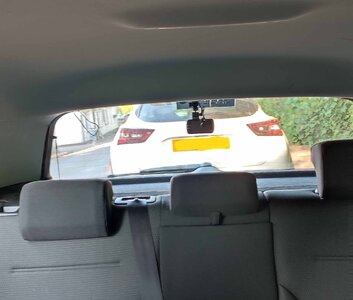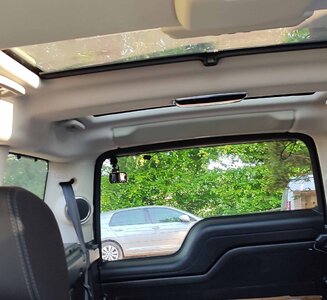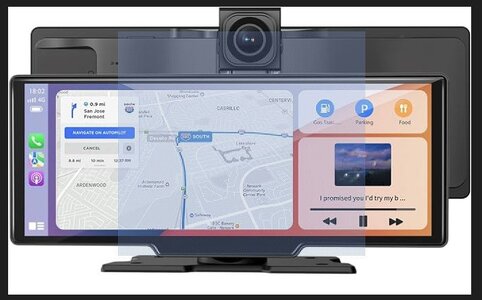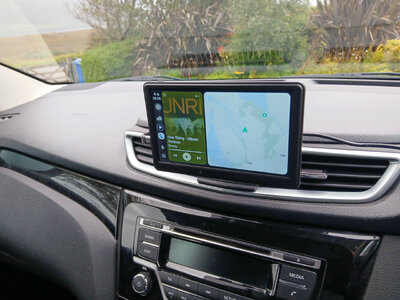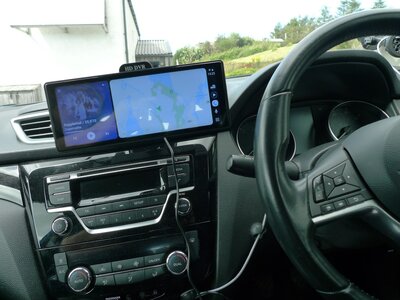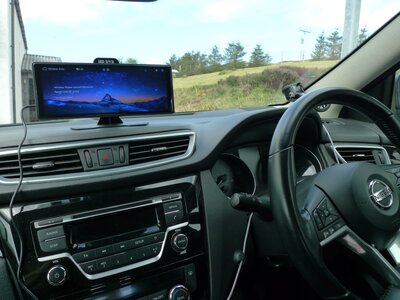I'm happy with the Nextbase 322GW, although the smartphone app which is supposed to connect to the camera to allow live view or download images is useless.
However, I've had a chance to try a couple of Carplay/Android Auto Screens.
One, 10.26 inch screen had a built in Dashcam - which was absolutely useless. So,so quality image and not information on the video, not even date and time. Also it was in the wrong place in the car and had little visibility down the road. Included was a reversing camera but I couldn't be bothered to try that.
The actual Android Auto function though worked very well, connecting to my smartphone which in turn connected to my car radio. Problem was finding somewhere to mount it and when I did find a suitable position I found the large screen a distraction.
The second one was a 7 inch screen with no camera and it works very well and I've found somewhere to mount it where its not a distraction. So, this is now a permanent addition to my car.
I run TomTomGo and PowerAmp apps from my phone plus Google Maps and they can also make and receive calls and messages. Could be voice controlled but I'm not bothered about that yet.
View attachment 9415
View attachment 9416

